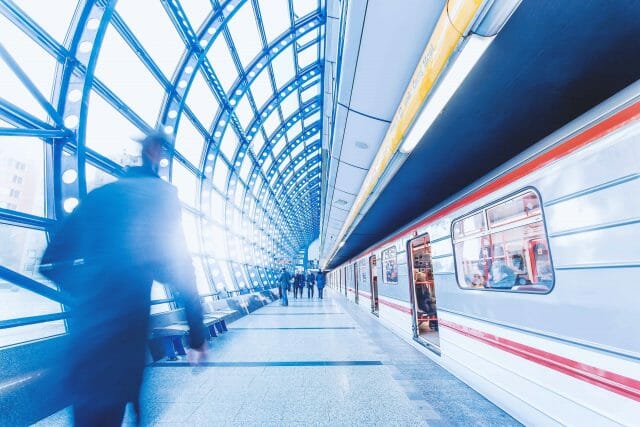By Vincent Tang, Regional Vice President, Asia
The hospitality industry is on the verge of an evolutionary leap, where the relationship between customer and brand will at last become real-time and relevant. Technologies such as AI and machine learning, IoT, and near field communication (NFC) are coming of age.
And, together these technologies share the potential to create personalised moments that matter. It is possible for hospitality businesses, including restaurants, hotels, casinos and resorts, to deliver this level of experience, if they right technologies are applied in the right ways. Indeed, while travel and hospitality brands have been tiptoeing around personalisation for quite some time, 2019 could, because of these new technologies, be the year when they can make meaningful progress.
However, the hospitality sector can only really move forward if new forms of customer engagement at front of house, can be met with intelligent back-office solutions, such as enterprise resource planning (ERP) software. These are helping hospitality businesses to transform their operations and grow, here’s how:
1. Transitioning away from old or inflexible systems
Businesses in the hospitality sector are starting to move away from old back-office processes that provide decision makers with little visibility into their operations. Key to enabling a personalisation strategy is the ability to modernise the back-office, to spot trends, and act on customer preferences. This data must be used to inform decisions about everything–from what biscuits to put in hotel rooms, to which drinks need their stock levels replenishing.
This can only really be personal if the ‘back-office’ is connected to the wider business, as well as the systems that customers themselves interact with. Virgin hotels is one example of a business that is getting this right. Through it’s ‘The Know’ preference programme, customers can select their mini bar, or even allergy requirements. The result? A tailored hotel room for the customer, made possible because the hotel’s customer interface communicates effectively with its ERP, and the ERP can allow staff to adjust stock levels or resources accordingly.
2. Deliver a quality service to customers
Indeed, quality is at the core of any personalised offering, and is a key differentiator in the hospitality space. ERP stands at the heart of making quality possible, yet profitable, because it orchestrates the efficiency of tasks such as cleaning or property maintenance, or the interactions between guests and staff.
As many in the hospitality sector know, service makes the difference between a satisfied customer, or a frustrated one, and in today’s connected age, a frustrated customer can have a quick and dramatic influence on future sales. Reviewing sites, such as TripAdvisor are becoming increasingly powerful (in fact, TripAdvisor has over 600 million reviews and opinions), and these are put under constant scrutiny by customers, before they have even visited. A strong business management system can help navigate the turbulent waters of customer service, on which so much influence hinges, by logging quality, and indexing everything from core service operations, to the sentiment of reviews shared on social networks.
3. Analysing trends in customer expectations
Knowing what’s trending and what’s important to customers (past, present and future) is key to understanding how to capture interest, and deliver a service that meets or exceeds expectations. For example, did you know that in South East Asia, consumers will spend $200 billion booking travel online by 2025? Did you also know that 70% of Southeast Asia’s population is younger than age 40 and more technologically adept than their parents’ generation? These statistics alone should be enough to convince a hospitality professional that opening doors to a tech-savvy customer base is a good idea. A modern ERP system will provide business decision makers with crucial insights, that can influence their next investment decision, what sort of technology they implement into their buying journey, or what locations are more likely to be successful than others.
A suitable ERP solution can help streamline operations, reduce costs and manage virtually every aspect of a back-office. This is something that has been evidenced by Hotel Indonesia Kempinski, among others. The hotel is using Epicor iScala Hospitality to track daily revenue and gain an umbrella view of all of its functions. Ultimately, automating crucial functions in this way, can allow a business to explore and develop new personalisation projects.
So, welcome to a new era of intelligent hospitality, an era where personalisation is set to be unleashed.










